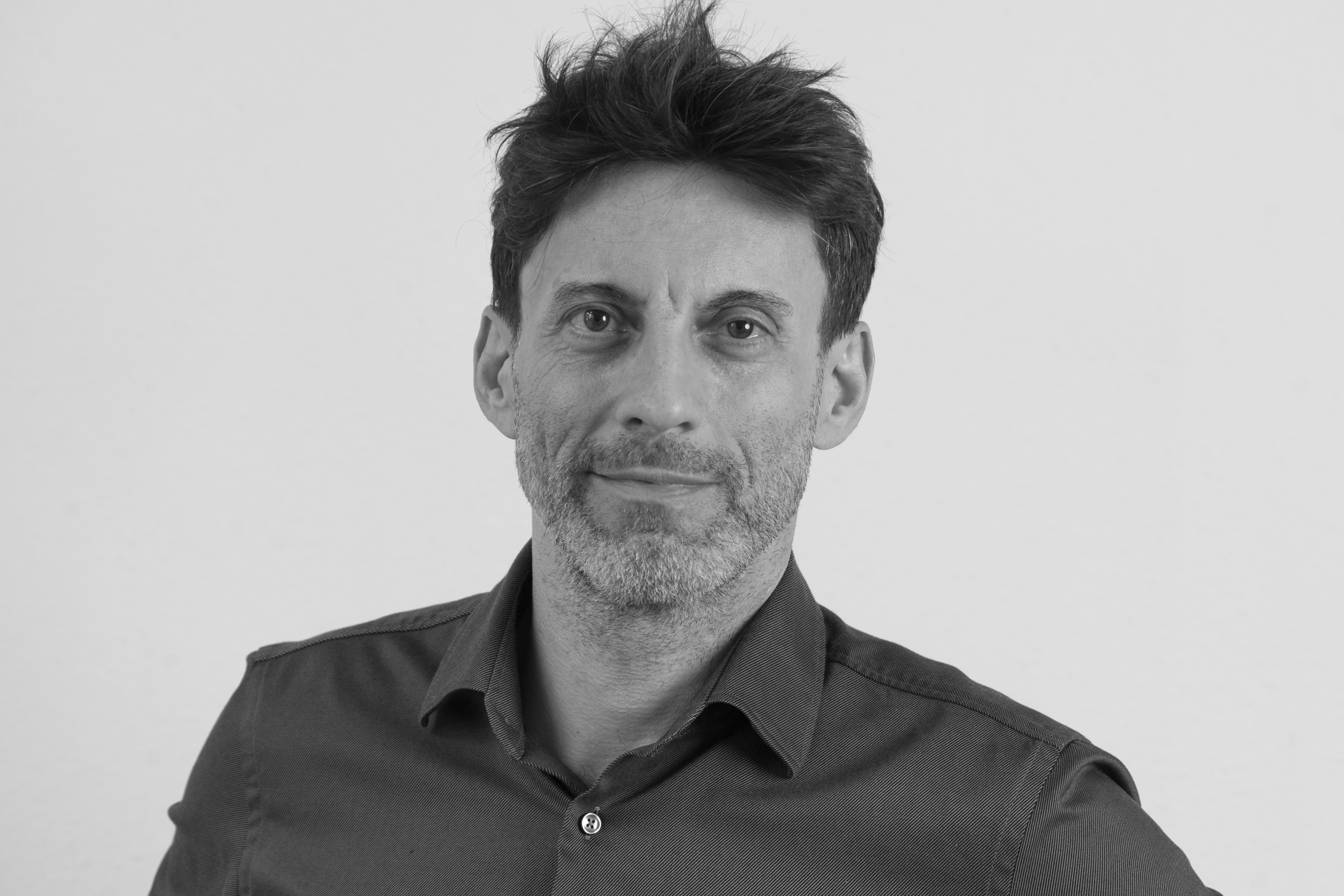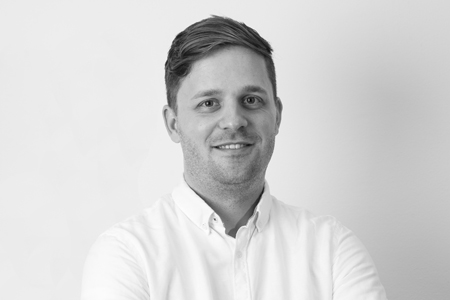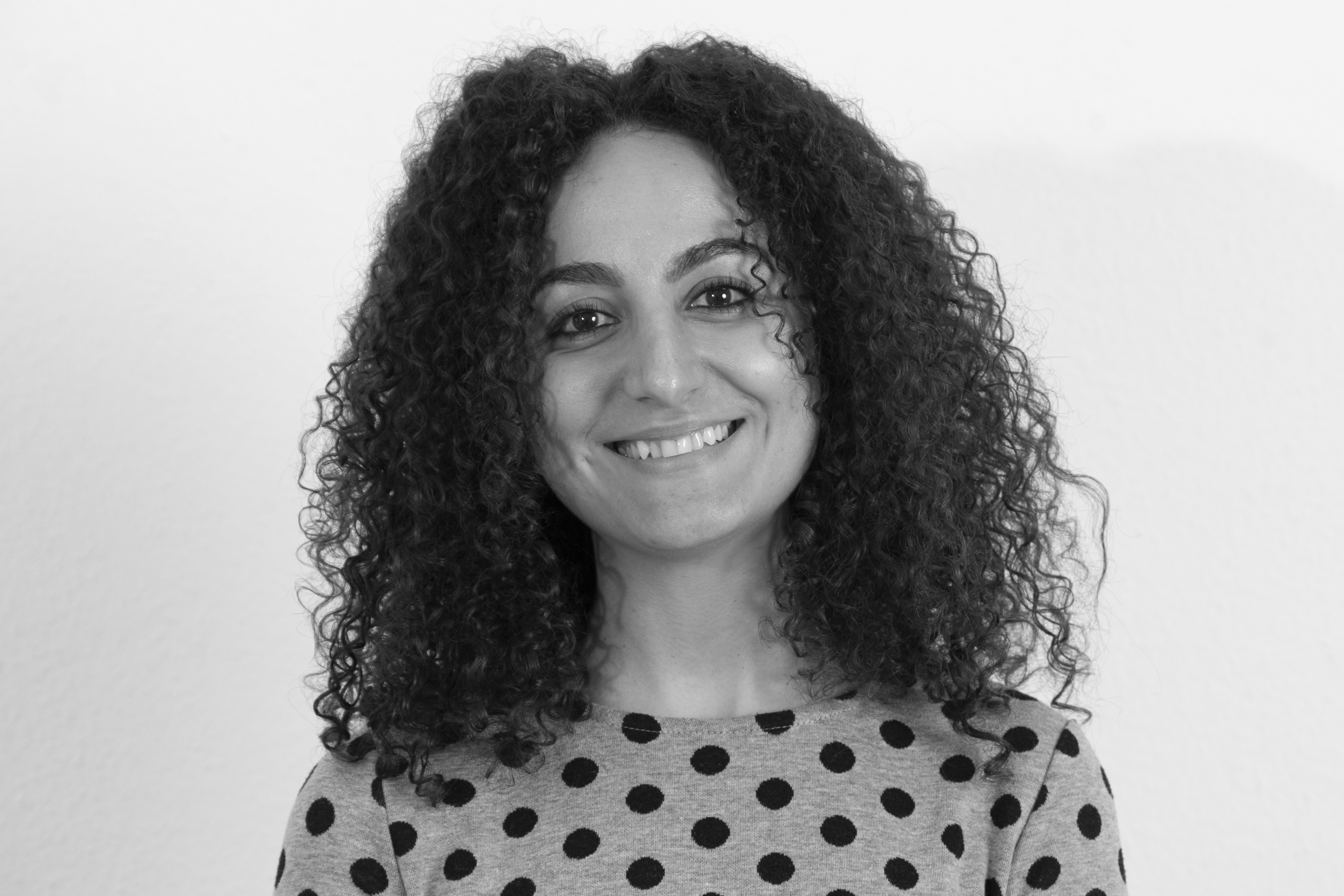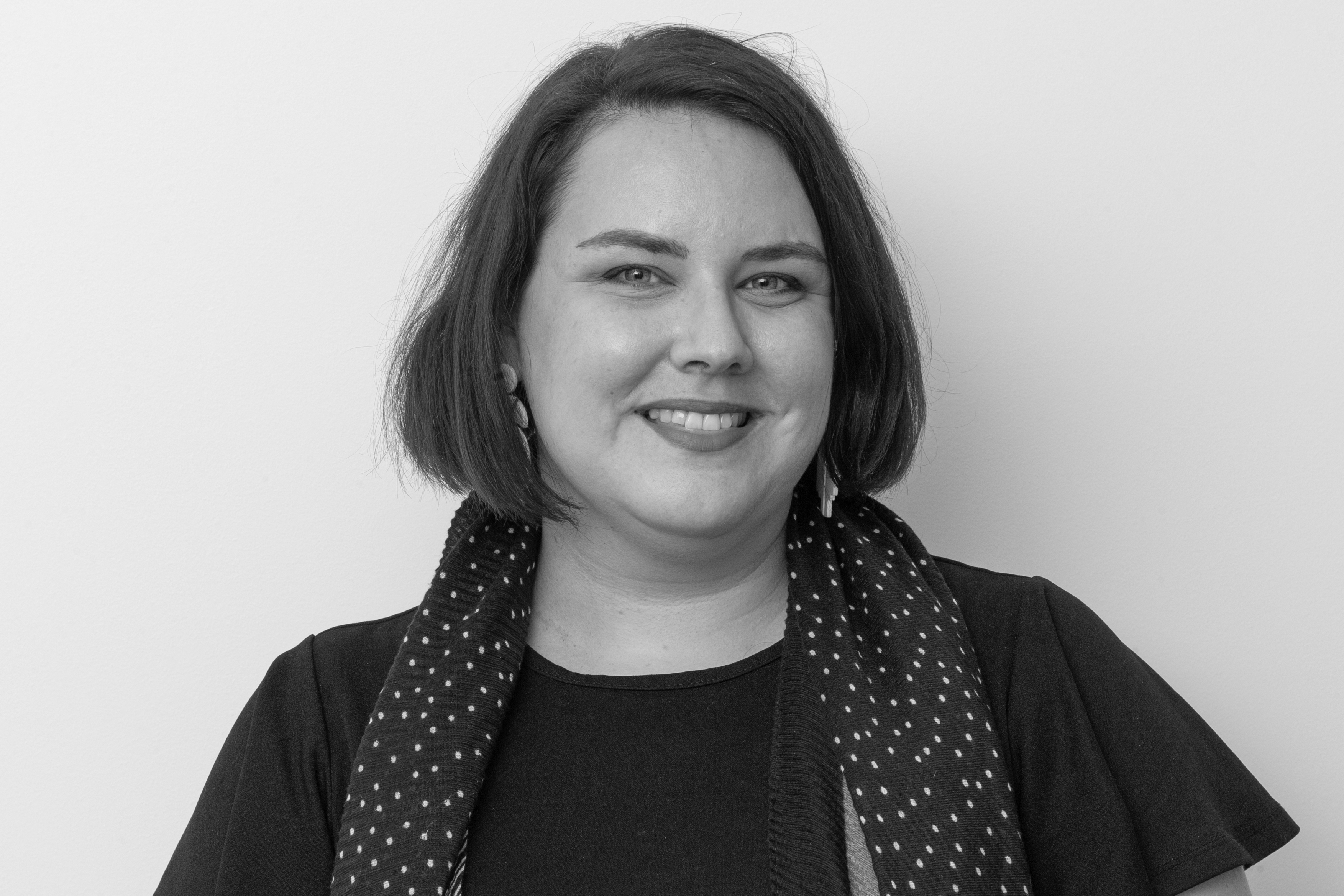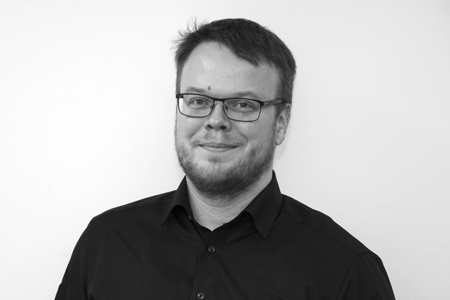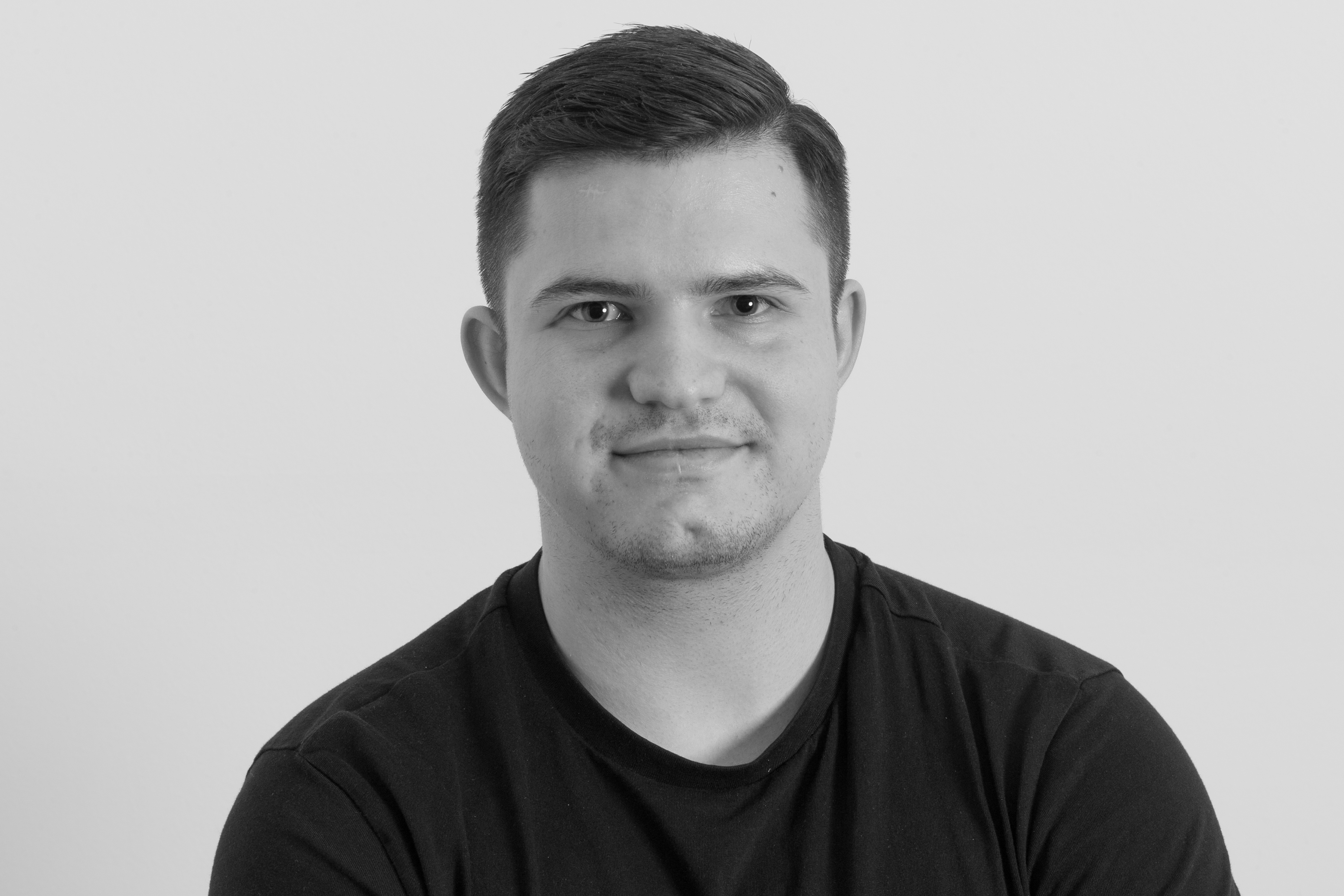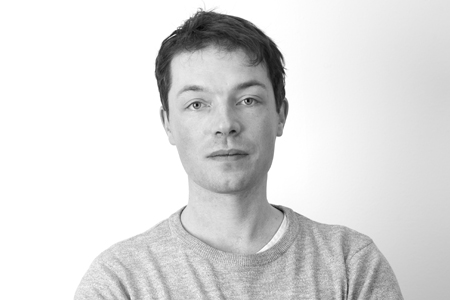Projekt tervezési terület (en)
NewPalaceDepartment Introduction
Education
The Department of Simulation-Driven Design provides students with a special knowledge of building planning methodology, with the help of which the built environment is able to 'give more than it consumes', i.e. it has higher performance, but requires less mechanical systems and energy. From the perspective of sustainability, as well as environmental and climate resilience, the efficiency of buildings designed with this method can be raised to a previously unattainable level of healthy and comfortable internal environment, low carbon footprint, and energy and cost efficiency of operation and construction.
The curriculum, consisting of various modules, organically integrates the following key, partially new topics into the building design process: building climatology, comfort theory, daylighting, building envelope technologies, building bionics, building aerodynamics, building energy, sustainable settlement planning, climate concept development. In the course of mastering the holistic theme, the conventional architectural design process is expanded, with related contents of engineering and scientific fields: students gain insight into the practice of building physics modeling at different levels, and they understand and apply the relevant physical and natural science laws during the design process. All this not only determines the structures, services systems and seasonal operation, but also decisively influences the appearance of the planned building. By supporting the theory and the practical - climate, energy and environmentally conscious - design with various modeling procedures, we obtain engineering sizing and quantified plan validation with the help of dynamic thermal simulations (comfort, energy, daylight) and aerodynamic simulations (computational fluid dynamics CFD). Therefore, the original meaning of the Greek term "tekhno" applies, meaning a high level of technical ability and an artistic treatment of the material.
Graduate students will be able to think and work as both an architect and an engineer, thus playing a kind of interface role during various interdisciplinary design work. This means the birth of a new design discipline: the borderland between artistic and engineering-scientific fields.
Application fields:
Research
The department's research portfolio focuses on the improvement of the aforementioned, environmentally positive building design method in the following subject areas:
Partnership
The teaching and research activities of the department are carried out with the involvement of the following partners (without the need for completeness, our most important partners):
Higher education institutions
Industrial partners
Management
Prof. Dr. Kistelegdi István
- Position:Head of Department, Professor
- Email:
- Office:Szimulációs Design Tanszék
Dr. Horkai András PhD
- Position:Deputy Head of Department, Senior Lecturer
- Email:
- Office:A gallery
